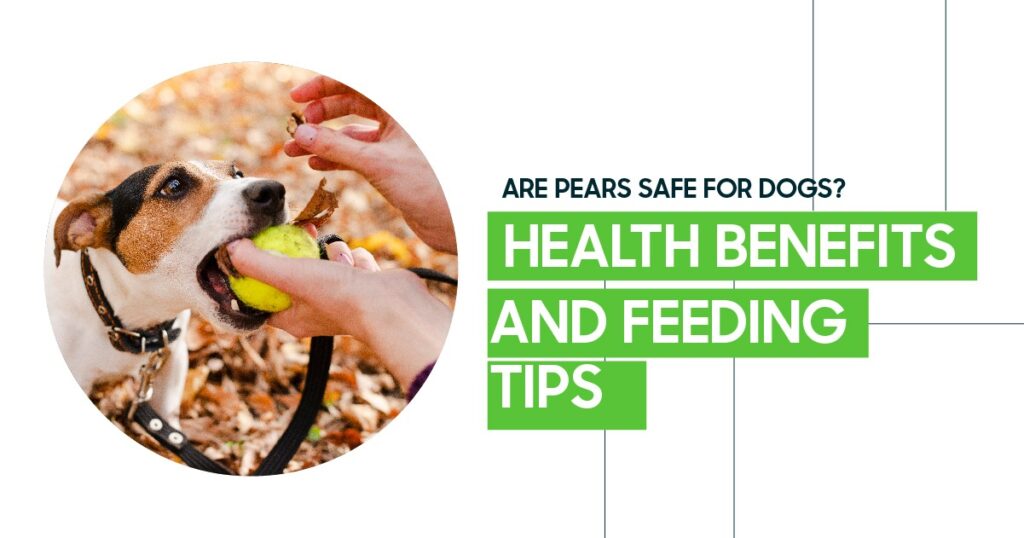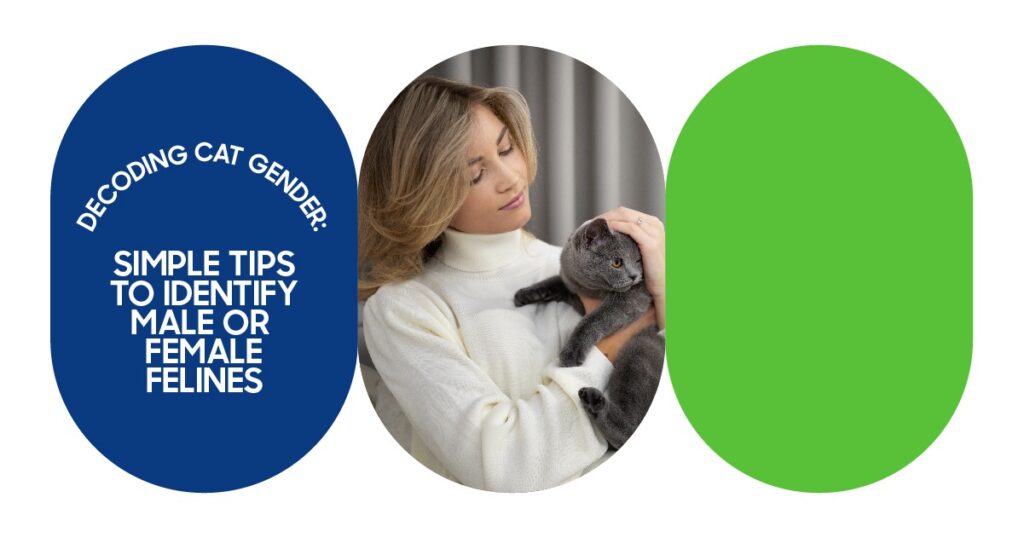Cats are famously picky eaters, but every pet parent has wondered — can cats eat sweet potatoes? It’s a fair question, especially since these vibrant orange tubers are nutritional powerhouses for humans. They’re rich in vitamins, fiber, and antioxidants — but are sweet potatoes for cats a healthy choice, or should they stay off your feline’s plate?
In fact, a recent survey found that about 18% of cats are fed at least some plant-based or mixed dietary items beyond conventional meat-based cat food.
The answer lies in moderation, preparation, and understanding your cat’s unique nutritional needs. In this guide, we’ll explore the nutritional profile of sweet potatoes, their potential benefits and risks, and how to safely serve them to your furry friend.
Understanding the Nutritional Profile of Sweet Potatoes for Cats
Sweet potatoes are a naturally nutrient-dense food. They contain essential vitamins, minerals, and fiber that can support overall health when given in tiny amounts. However, it’s important to remember that cats are obligate carnivores — their diet should primarily consist of animal protein. While vegetables like sweet potatoes can supplement their meals, they should never replace core nutrition derived from meat.
Key Vitamins and Minerals in Sweet Potatoes
- Vitamin A:
Vital for vision, skin, and immune health. Sweet potatoes are loaded with beta-carotene, which converts to vitamin A — though cats can’t efficiently process plant-based beta-carotene, making it a limited benefit.
- Vitamin C:
Acts as a natural antioxidant, helping neutralize free radicals and supporting tissue repair.
- Vitamin B6:
Plays a role in metabolism, red blood cell production, and nervous system health.
- Potassium and Manganese:
These minerals support muscle function and enzymatic activity in the body.
- Dietary Fiber:
Beneficial for digestion, helping move food smoothly through the gastrointestinal tract.

Are Sweet Potatoes Safe for Cats to Eat?
The short answer: yes, sweet potatoes are safe for cats — when cooked and served properly. Raw sweet potatoes can be difficult for cats to digest and may cause gastrointestinal upset. When cooked without oils, seasonings, or sugar, they can offer mild nutritional benefits.
Potential Risks and Moderation Guidelines
Even safe foods can cause issues if fed in excess. Here’s what you should know before feeding cats sweet potatoes:
- Digestive Upset: Too much fiber may cause bloating or loose stools.
- Added Ingredients: Avoid butter, salt, spices, or sweeteners — they can be harmful.
- Carbohydrate Overload: Cats derive energy primarily from protein and fat. High-carb foods like sweet potatoes can contribute to weight gain or diabetes if overfed.
- Allergies or Sensitivities: Rare, but always introduce new foods gradually and monitor your cat’s reaction.
Health Benefits of Sweet Potatoes in a Cat’s Diet
When fed in small, controlled portions, sweet potatoes can have surprising benefits for feline wellness. While cats don’t need vegetables nutritionally, the right balance can provide digestive and antioxidant support. In fact, typical commercial cat foods already contain around 2–8% crude fiber, and this modest fiber level is known to support stool consistency and gut function.
This is how sweet potatoes support digestion and energy:
- Gentle Fiber Boost: Fiber is known to promote healthy digestion. For cats prone to mild constipation, a spoonful of mashed, cooked sweet potato may help regulate bowel movements.
- Energy Support: Sweet potatoes provide complex carbohydrates, offering a slow, steady release of energy — ideal for active cats.
- Antioxidant Protection: Beta-carotene and vitamin C help reduce inflammation and oxidative stress, potentially supporting long-term immune health.
- Skin and Coat Health: The natural vitamins and minerals can enhance skin hydration and coat shine, particularly when combined with a balanced diet rich in omega-3s and protein.
Safe Ways to Prepare and Serve Cooked Sweet Potatoes
Raw sweet potatoes are tough to digest and should never be fed to cats. The safest method is simple: cook them thoroughly and keep them plain.
Follow these steps:
- Peel the sweet potato to remove skin and potential pesticides.
- Boil, steam, or bake until soft and tender.
- Mash or cut into small pieces for easy eating.
- Serve plain — without butter, seasoning, oil, or salt.
Simple Recipes for Homemade Sweet Potato Cat Treats
Looking to make something special? Try these quick, vet-approved treats that your feline can safely enjoy.
| Recipe Name | Ingredients | Preparation Steps | Serving Suggestion |
| Sweet Potato Mash Treats | 1 small sweet potato | 1. Boil or steam the sweet potato until soft.2. Mash thoroughly and allow to cool. | Serve one teaspoon on its own or mix into your cat’s wet food for added flavor and fiber. |
| Baked Sweet Potato Bites | 1 cooked sweet potato | 1. Preheat oven to 350°F (175°C).2. Slice the sweet potato into thin pieces.3. Bake for 10–12 minutes until slightly firm.4. Cool completely before serving. | Offer as a crispy snack in small portions. |
| Sweet Potato and Chicken Medley | Equal parts boiled chicken and mashed sweet potato | 1. Mix equal parts of both ingredients.2. Form small bite-sized balls.3. Freeze for convenient, ready-to-serve treats. | Serve chilled or thaw slightly before feeding. |
Discover Personalized Cat Care With Vet Today
Want to learn more about feline nutrition or need expert advice tailored to your cat’s needs? Visit Vet Today to consult with our team of veterinary professionals and discover personalized care solutions for your pet’s diet and health.

FAQs
What is the nutritional value of sweet potatoes for cats?
Sweet potatoes contain vitamins A, B6, and C, along with potassium and fiber. While these nutrients can offer mild support for digestion and immunity, cats gain the majority of their nutrition from meat-based sources.
Are there any health benefits of feeding sweet potatoes to cats?
In small amounts, sweet potatoes may aid digestion, support energy, and promote a shiny coat. However, overfeeding can lead to digestive upset or unnecessary calorie intake.
Can sweet potatoes improve a cat’s digestion?
Yes, in moderation. The fiber in sweet potatoes helps regulate bowel movements and can ease mild constipation, but too much may cause bloating or diarrhea.
What is the best way to prepare cooked sweet potatoes for cats?
Always serve sweet potatoes cooked, peeled, and plain — boiled, steamed, or baked without oils or seasonings. Avoid any additives like butter or sugar.
How can I make homemade sweet potato treats for my cat?
Try mashing or baking plain cooked sweet potato into small, soft treats. You can also mix them with boiled chicken or fish for an extra protein boost.






